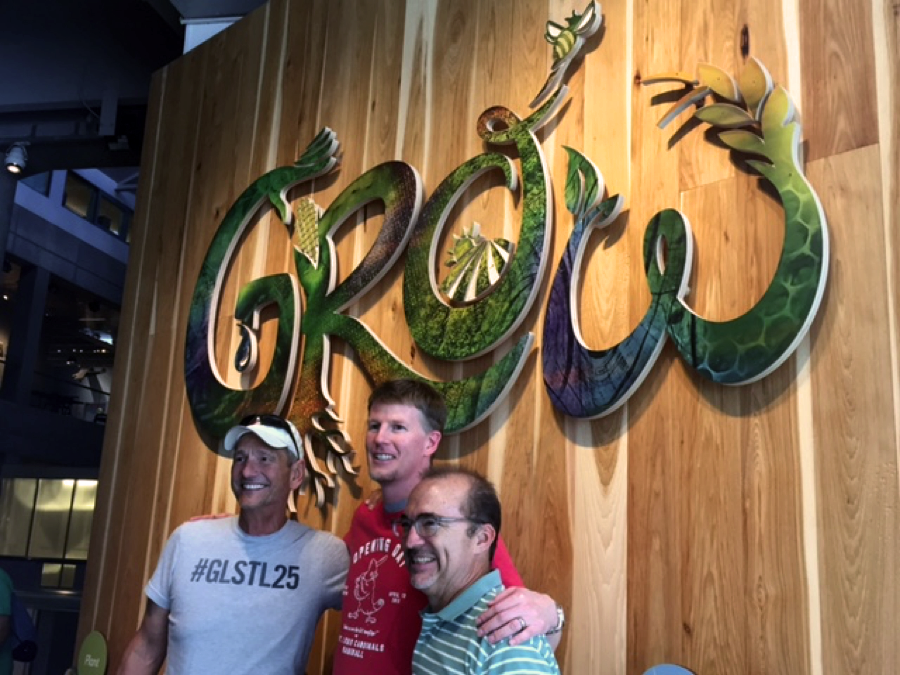Bite Size Horror
The relationship between marketing and entertainment is a long and storied tale of product placements, sponsorships and the like. It’s made the journey from subtle positioning in the background of a movie scene to TV episodes in popular shows that center around a corporate product. And of course, has anything really come full circle until it authentically and hilariously parodies itself?
But Mars and Fox have combined to write the next chapter in the love story between brands and entertainment. Instead of finding ways to make their brands a part of consumer entertainment, Mars went ahead and skipped both the middle-man and the not-so-subtle product placement by just creating the consumer entertainment itself. And perhaps surprisingly to some, it doesn’t feel forced, branded or gimmicky.
While we would have loved to be in the meeting when the idea of a series of two-minute, branding-free videos was first proposed, “Bite size horror” is a great example of where brands and corporations are heading. It’s not about sneaking in some subtle marketing message – consumers are way too smart for that anyways – so much as it’s about simply saying what’s worth saying and making what’s worth making. Would we be talking about it if the videos weren’t worth it? The connection to the brand isn’t convoluted – bite size candy bars are like mini candy bars, these two-minute movies are like mini horror movies. And the rest is just about making something good and bringing cool projects to life. There’s not much more to it.
https://www.youtube.com/watch?v=_1olUV3BGvQ
Watch all of the Bite Size Horror Films here.
